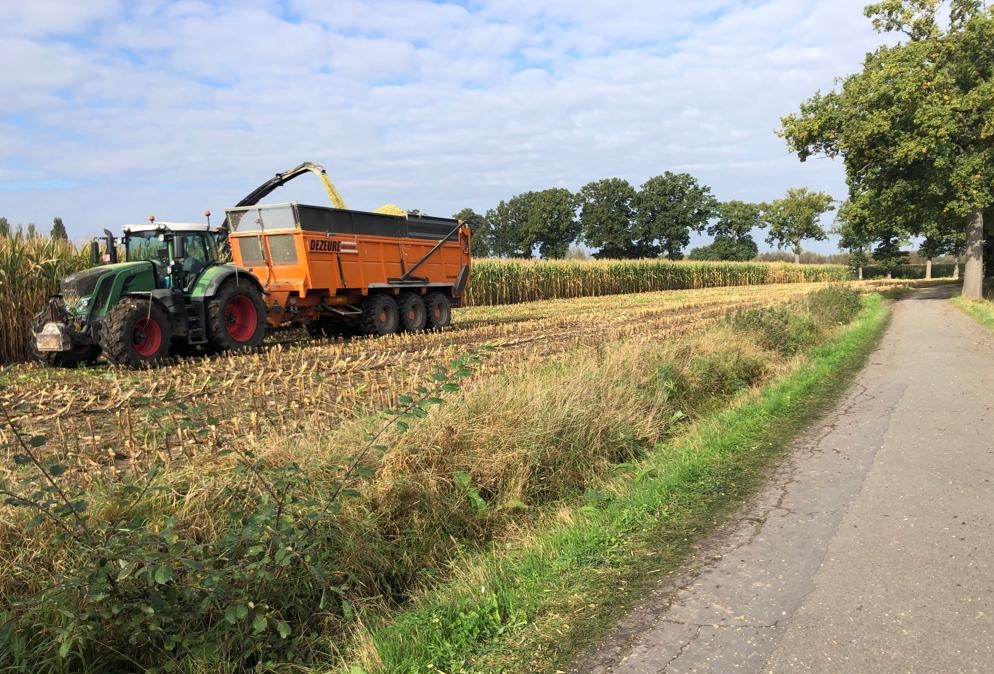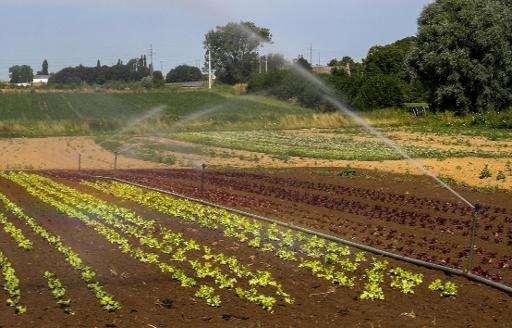Belgium has the highest percentage of fruits and vegetables contaminated with toxic pesticides linked to a range of chronic diseases in Europe, a recent report found.
Among all countries of which data was analysed, Belgium most frequently produced contaminated fruits and vegetables — the most toxic pesticides were found in 34% of the country's samples — followed by Ireland (26%), France (22%), Italy (21%) and Germany (20%), according to the Pesticide Action Network Europe (PAN) report.
"The dramatic rise in dangerous pesticides found on fruits and vegetables sold in Europe is evidence that governments are failing their legal obligations," the report stated.
Belgium produced pears with the highest level of "Candidates for Substitution" pesticides, for which the Government should be seeking more sustainable and favourable alternatives. Belgium also ranked in second place when it comes to producing lettuces with the highest level of such toxins.
The category of pesticides analysed is "the single most dangerous and most heavily regulated category of pesticides." These are linked to a range of chronic diseases including cancers, cardiovascular problems and diabetes, but can also be highly toxic to the environment, poisoning rivers and other precious ecosystems.
Failure to protect consumers
Aside from looking at the percentage of contaminated fruit, PAN also investigated whether the use of toxic pesticides has declined in recent years, as is claimed by the European Commission, which stated that there was a 12% reduction in 2019 compared to 2015- 2017.
Under the 2020 EU Farm to Fork Strategy, the use of this category of most hazardous pesticides should be halved by 2030 in the EU. However, PAN's report found that the EU is moving further away from this goal, rather than coming close to attaining it.

A farm in Flanders. Photo by Helen Lyons/The Brussels Times.
"This report, which provides evidence of the number of pesticides that actually end up in food daily eaten by a large majority of European consumers, is a strong rebuttal to that claim: in 2019, the proportion of fruit and vegetables contaminated with the most hazardous pesticides increased by 8.8% compared to 2015-2017."
PAN added that its report also exposes a "complete failure by the Member States and the European Commission to implement EU Regulation and protect consumers."
Discrepancies with official statistics
Due to the lack of real-time data, the European Commission's claims are based on the sales data of plant protection products containing "Candidates for Substitution," for which the government should be seeking alternatives.
Meanwhile, the PAN report looked at the number of pesticides that actually end up in food daily eaten by a large majority of European consumers.
Related News
- Contamination of soil with possible health risks around 3M pollution site
- Belgian bees in danger: What you can do to protect population
"At the very least, it points very clearly at the insufficiency of the current indicator, which suggests a decline in risk to EU consumers and the environment, while a series of uses increases and actually puts EU citizens more at risk," the report read.
PAN stressed that the Commission should take the findings seriously, and should look into indicators that can better reflect the use of pesticides, as well as adopt a Zero Residue policy in food.
"As appropriate data on pesticide use and associated health costs are lacking, focusing on substitution is not only the way to achieve pesticide reduction targets but also a more reliable way to measure progress and protect citizens."
A Commission official commented on the PAN report, saying the wording is "misleading."
"The PAN report claims that there is a rise in frequency and intensity of residues of 56 substances. This refers to the number of findings and not to the actual level of residues found. If there is a finding but the residue level is below the existing maximum residue level, then there is no health risk," the official told The Brussels Times.
The Commission stressed that the reports on pesticide residues in food products by the EU’s scientific agency in charge of food safety (EFSA), of which the latest edition was published a few weeks ago, is the most comprehensive report on this issue.

